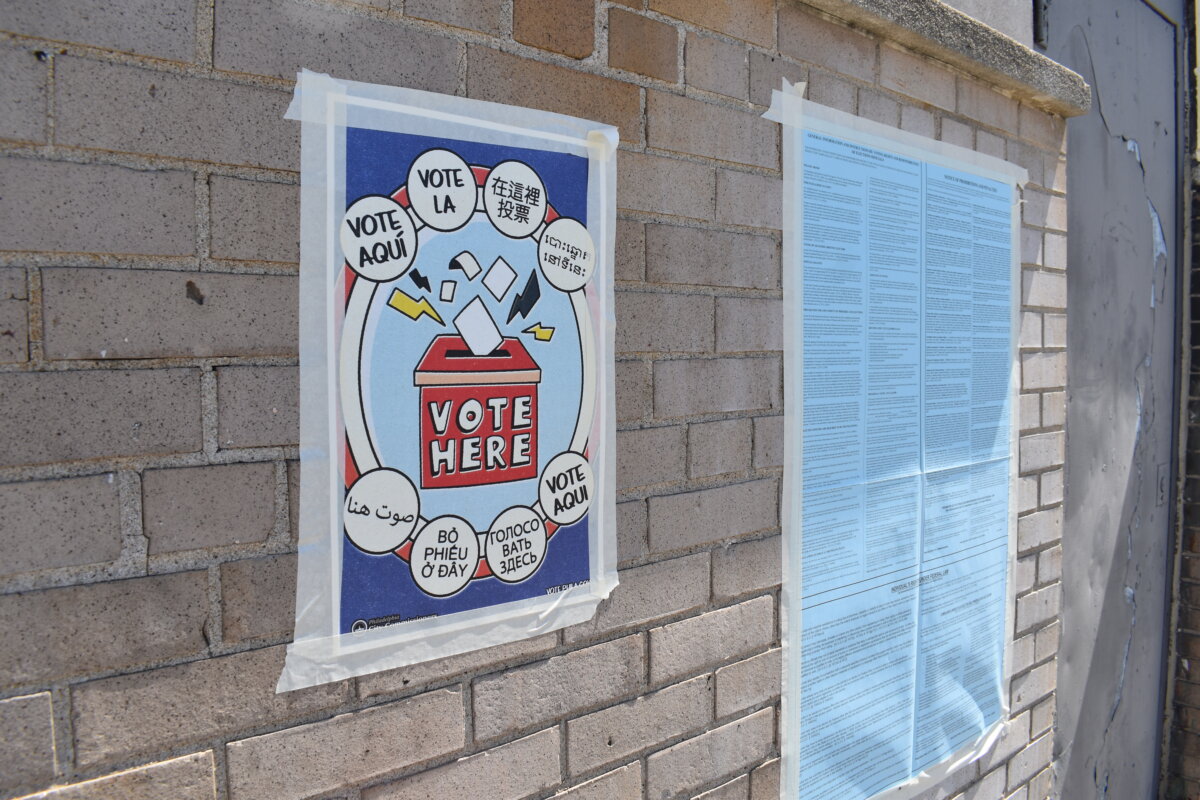By Tsvetelia Tsolova
SOFIA (Reuters) – European Union sanctions on Russia are hurting Bulgaria, which should improve ties with Moscow and defend its interests within the 28-member bloc, the leader of the leftist Socialist party said ahead of a March 26 parliamentary election. Kornelia Ninova, 48, who took the reins of the former communist party last year, saw its support almost double to about 30 percent after Russia-friendly Rumen Radev, backed by her party, won the presidency in November. Her party is now a key contender in the parliamentary election, running neck and neck with the centre-right GERB party which has been less critical of the European Union’s stance on Russia.
Ninova’s Socialists seek a bigger role for the state in the economy as well as closer ties with Moscow, in contrast to GERB’s platform to deepen ties with Brussels and pursue pro-market policies. The close party standings in the polls mean the outcome of the race is unpredictable and Bulgaria will most likely have another fragile coalition government.
“The Bulgarian Socialist Party is against the extension of the sanctions against Russia because they hurt the Bulgarian national interest – the Bulgarian economy, agriculture, tourism,” Ninova told Reuters in an interview. “We lost from these sanctions.” “DOUBLE STANDARDS”
In her campaigning, she has explicitly promised to try to block the sanctions, imposed on Russia for its annexation of Crimea in Ukraine, next time they are put to an EU vote.
No EU country can veto the sanctions extension, which requires only a qualified majority, but Bulgaria holds the EU’s rotating presidency in early 2018, giving a platform for its views.
“We are firmly for the European membership and future of Bulgaria … But we expect the same towards Bulgaria. We do not accept double standards, Europe on two speeds and different attitude,” she said. The Kremlin’s most loyal satellite in the Cold War era, the country of 7.2 million remains a popular holiday destination for Russians, many of whom have bought property there including on the Black Sea coast. It is almost entirely dependent on Russia for its energy supplies and many Bulgarians feel a strong cultural affinity for the country, with which they share the Cyrillic script and Orthodox Christianity. Centre-right GERB party agrees that the sanctions are harmful for Bulgaria, but says Sofia should show its solidarity with Europe. It links any lifting of the sanctions with the observance of the Minsk agreements. The Socialists also want to revive some Russian-led energy projects like the Belene nuclear power plant. Bulgaria pulled out of the 10 billion euros project in 2012 because of costs and concerns over increased energy dependence on Kremlin. The party plans to set up a 500 million levs ($274 million) state fund to boost industry and increase incomes in the EU’s poorest member state. The party pledges to increase pensions by an average 20-30 percent. [L5N1FQ0KR] The plans will be funded by an accelerating economy as well as a “draconian” fight against what Ninova calls “a parallel state” that deprives taxpayers of about 10 billion levs a year. (Editing by Radu Marinas and Dominic Evans)


















